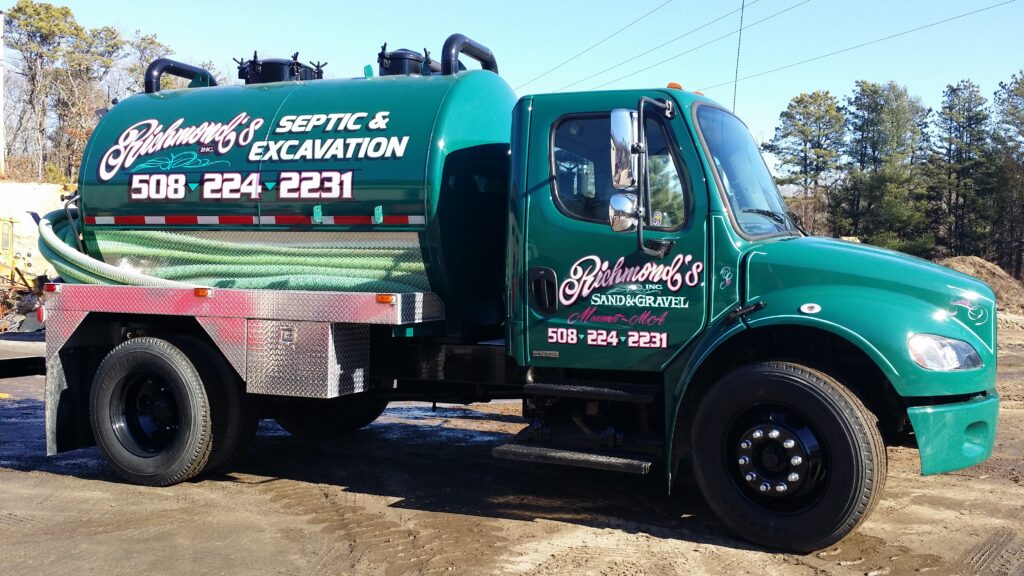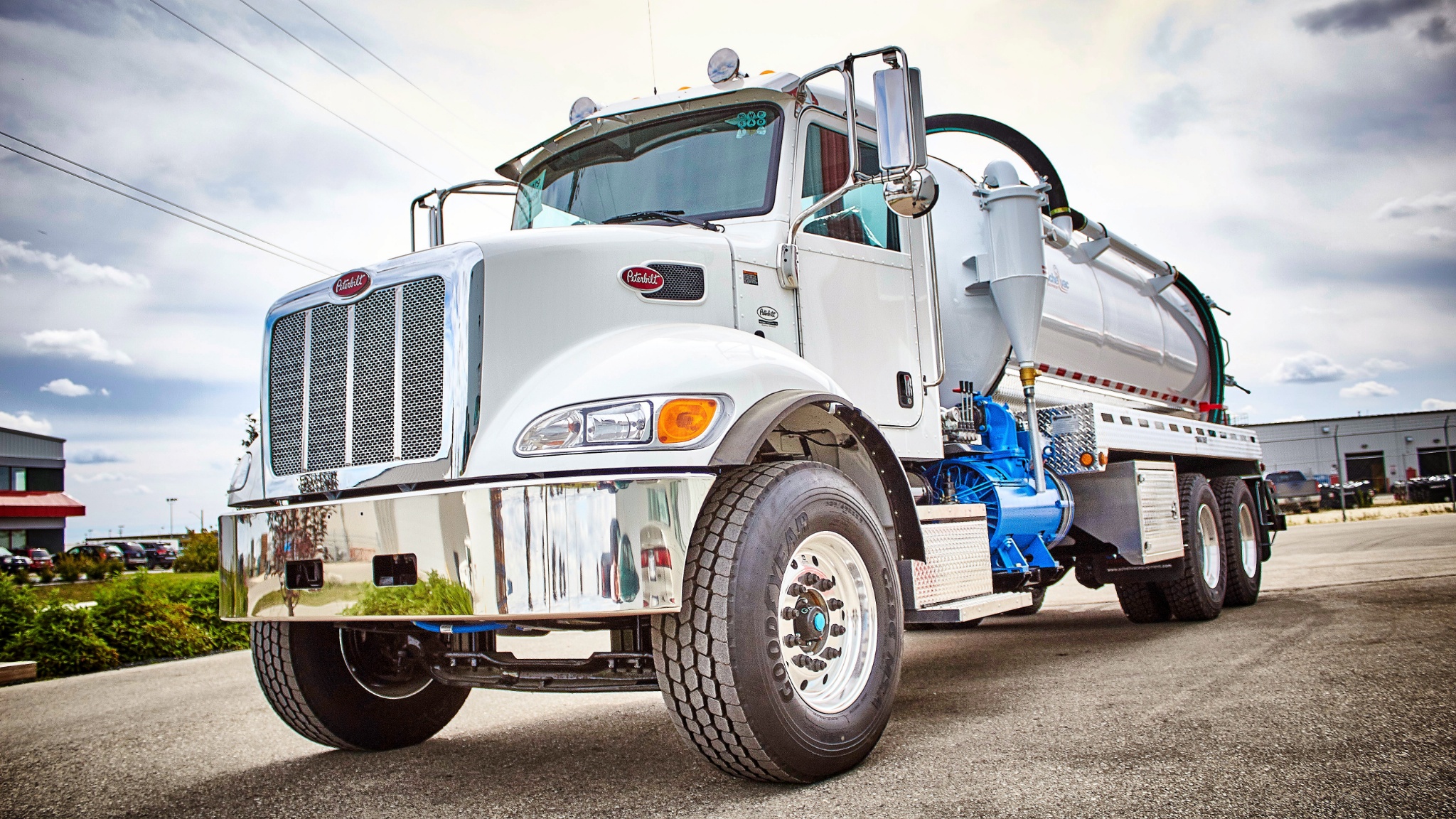Septic Business For Sale – People are not just looking for things that work well; they want products that elevate their environment and their experiences. Second-hand markets also promote the idea of a circular economy, an economic system that focuses on reducing waste and reusing products. Take, for example, a high-quality piece of furniture — a well-crafted sofa or dining table can last for decades if maintained properly. The focus on longevity and reliability is what sets these goods apart from their mass-market counterparts. Many second-hand clothing stores and online platforms specialize in curating high-quality, gently used apparel, making it easy for consumers to find fashionable items that align with their tastes. Sellers can list items with detailed descriptions and high-quality photos, giving potential buyers a clear understanding of what they are purchasing. In some cases, it’s not just objects that are for sale, but entire industries or institutions. It implies that there’s nothing off-limits, nothing beyond the reach of commerce. For buyers, the process typically starts with identifying a business that aligns with their interests, skills, and goals. They become part of the story of the buyer and the creator, connecting people to a tradition of excellence, heritage, and care. In the realm of electronics, a quality product, such as a high-end camera or a premium laptop, can perform reliably for years, often outlasting cheaper alternatives. Legal experts are often involved at this stage to ensure that the transaction is conducted in compliance with all relevant laws and regulations. Similarly, a quality suit made from fine wool will age gracefully, developing a patina that speaks to its craftsmanship. These platforms often provide tools that help streamline the due diligence process, including access to financial documents, business valuations, and other relevant data. In fact, there’s been a resurgence of interest in artisanal, locally-made products, especially in industries like fashion, home decor, and food. Whether through local thrift stores, online marketplaces, or garage sales, the option to buy pre-owned items has created a flourishing market that continues to grow. In conclusion, the sale of a business is a complex process that involves numerous steps, from identifying the right buyer or seller to completing due diligence and negotiating the terms of the transaction. Unlike starting a business from scratch, which requires time to build a reputation and establish market credibility, buying an existing business means stepping into an environment where some of the groundwork has already been done. This ensures that the product is fully functional and free of defects, providing peace of mind for buyers. Many people continue to resist the notion that everything has a price, and they fight to reclaim what is meaningful and valuable in life.

Septic Systems Services Business for Sale 495,000 » Business Broker USA
50,000+ active listingsfranchise opportunities100,000+ successful sales

septic pump truck for sale florida Scarlet Smalls
50,000+ active listingsfranchise opportunities100,000+ successful sales

Septic Tank for sale in UK 51 used Septic Tanks
50,000+ active listingsfranchise opportunities100,000+ successful sales

Richmond's Inc Septic & Excavation Locally Owned Excavating Contractor
50,000+ active listingsfranchise opportunities100,000+ successful sales

SEPTIC TRUCKS Schellvac Equipment Inc.
50,000+ active listingsfranchise opportunities100,000+ successful sales

Septic tank Commerce, GA Price's Septic Tank Service
50,000+ active listingsfranchise opportunities100,000+ successful sales

Profitable Septic Pumping Business with Strategic Advantages Golden
50,000+ active listingsfranchise opportunities100,000+ successful sales

Allegiant Precast Septic 1000 Gallon
50,000+ active listingsfranchise opportunities100,000+ successful sales

Septic Tank Service Buisness in Inman, South Carolina BizBuySell
50,000+ active listingsfranchise opportunities100,000+ successful sales

Promax Septic Tank 3000L Promax
50,000+ active listingsfranchise opportunities100,000+ successful sales
Second-hand goods, especially those that are vintage or antique, often carry a sense of history and craftsmanship that can be missing from mass-produced products. Some businesses are sold because the owner is ready to retire, while others might be sold due to financial difficulties or changes in the owner’s personal or professional life. Every click, every like, every follow, is part of an ongoing transaction. Many online platforms also allow buyers and sellers to leave feedback and reviews, helping to build trust and credibility in the transaction. There is also a growing trend of online platforms that facilitate the buying and selling of businesses. For many, purchasing second-hand goods is not only a practical and affordable choice but also an environmentally conscious one. The growing appeal of second-hand goods is also tied to a growing awareness of environmental issues. For the buyer, there is the risk of inheriting a business with hidden problems or liabilities that were not disclosed during the due diligence process. In a world where everything is for sale, it’s easy for the vulnerable and the marginalized to be taken advantage of. For the seller, the goal is often to maximize the value of the business, which requires a clear understanding of the company’s assets, liabilities, and future earning potential. What was once limited to boutique shops or high-end department stores can now be purchased from the comfort of one’s home. Additionally, second-hand furniture allows buyers to find unique items that may not be available in traditional furniture stores. Entrepreneurs can launch businesses from their homes, and freelancers can offer their skills to clients across the world. Sometimes, a sale can feel like the closing of one chapter and the opening of another. The dynamics of a sale can vary dramatically depending on the context. Influencers sell their attention, their opinions, their lives — all of it has become a form of commerce. For many, purchasing second-hand goods is not just about saving money, but about embracing sustainability, supporting a circular economy, and contributing to a more environmentally conscious world. While many artists and creators are forced to sell their work in order to make a living, there is still a sense of purity in the act of creation. Another key benefit of second-hand goods is their positive impact on the environment. This can be particularly advantageous for entrepreneurs who might have experience in business operations but lack the time or resources to build a new venture from the ground up.
For those who are passionate about antiques, art, and memorabilia, the second-hand market offers endless possibilities for finding unique and valuable items that can be passed down through generations or added to a collection. What will come next? What new opportunities will arise from this decision? When an item is placed “for sale,” it’s not just the object that’s changing hands; it’s often a reflection of the personal changes happening within the seller. A person might sell a beloved possession to fund an important life change, such as starting a business, moving to a new city, or pursuing a dream. The ability to share knowledge, ideas, and resources has empowered individuals in ways that were previously unimaginable. For some, selling something may feel like a sacrifice, while for others, it may feel like an investment in their future. This can bring about feelings of uncertainty, as there’s no guarantee that the right buyer or partner will come along. For environmentally conscious consumers, buying second-hand is not just a cost-effective choice, but a way to make a positive contribution to the planet. Their inherent value comes not only from their physical characteristics but also from the values of durability and sustainability. Electronics are another category of second-hand goods that have seen a rise in popularity. Second-hand goods for sale are no longer seen as inferior or out-of-date, but rather as a conscious, stylish, and eco-friendly choice. A new smartphone, for example, can cost hundreds of dollars, but buying a used one can cut the price down by more than half. But even as we wrestle with the implications of living in a world where everything is for sale, we also see that this reality is not entirely negative. The production of new goods often requires significant resources, such as raw materials, energy, and labor, while also generating waste and contributing to pollution. There are those who argue that not everything should be for sale. The second-hand market is not just about saving money; it’s about embracing a more sustainable, mindful way of consuming that values reuse, repurposing, and the stories behind the items we choose to keep. Perhaps the most troubling aspect of the idea that everything is for sale is how it can shape the way we view the world and each other. The car represents possibility, and when it changes hands, it takes on new significance, a new role in a different life. There is also a growing trend of upcycling and repurposing second-hand goods, where items that may no longer serve their original purpose are transformed into something new and useful. Although the transaction may be challenging at times, the opportunity to buy or sell a business can open doors to new ventures, provide financial rewards, and enable entrepreneurs to pursue their goals. The internet, for example, has created a space where anyone can buy or sell almost anything, from physical products to intangible services.